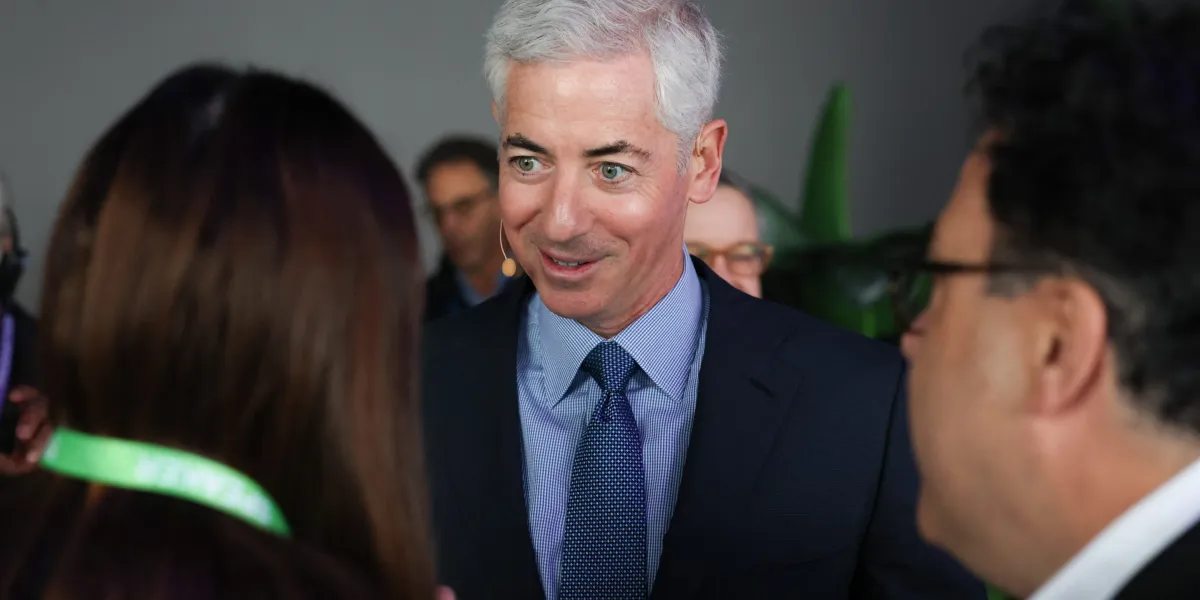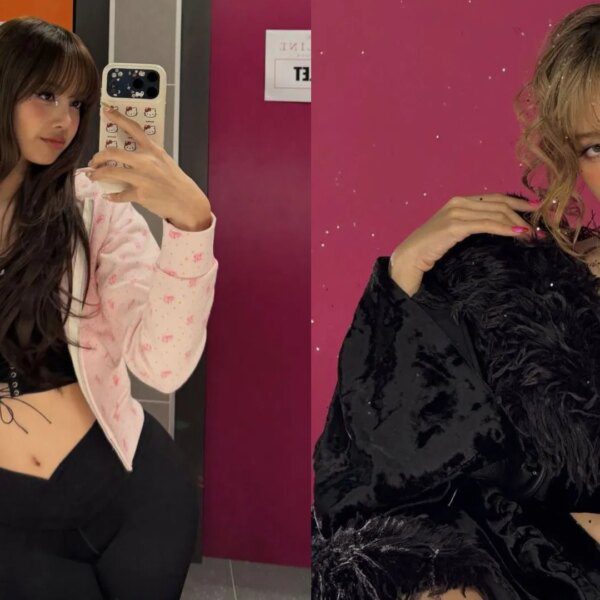
Somewhere in Stanford, California, an undergrad is telling his roommates that he landed a Friday night date because he tried a billionaire’s pickup line.
A man on the New York subway is yelling out that same line to strangers. A woman is planning to stand in Washington Square Park wearing a cardboard sign bearing the phrase.
These are just a few scenes from the weekend frenzy in New York City around Bill Ackman’s four-word piece of dating advice: “May I meet you?”
He posted the line as earnest advice for young men who, in his view, now avoid spontaneous interactions because dating apps dominate their social lives.
“Online culture destroyed the ability to meet strangers,” he wrote on X, in a post that has now been viewed over 26 million times. Ackman, who runs a hedge-fund and is a prolific poster on X, claimed the line “almost never” triggered rejection when he used it as a young man, and that it works best when you are on the move.
“You might give it a try,” he added. And the internet did what it does best: devolved into endless discourse. Some people called the line “killer” and “alpha,” while many others – including Ramp Capital’s X account – joked about its formality and parodied it. Some critics argued that Ackman’s confidence came from advantages – his wealth and height (6’3) – that don’t apply to most young men, while others, like economist and blogger Tyler Cowen, agreed with Ackman that even if the line falls flat, it helps get Gen Z men “thinking about meeting women at all.”
Underneath the memes, though, the line clearly struck a cultural nerve. Gen Z, as digital natives, grew up in environments where most early romantic interaction happens through apps, DMs, or algorithm-curated spaces where risk stays contained and rejection is muted. There’s no panic you have to manage when someone unmatches you; no prolonged flush of embarrassment. A stranger’s face doesn’t immediately register disappointment. In-person rejection hits harder because it happens less often.
“People move through the world in a very self-contained way now,” said Jess Carbino, a former sociologist for Tinder and Bumble. “Approaching someone live feels unfamiliar because it doesn’t align with how most young adults actually meet.”
So when young adults do contemplate approaching someone in person, the stakes feel disproportionately high. Not only does the rejection happen live, but the reasons behind it remain ambiguous: Was the timing off? Was the approach unwelcome? Was the other person taken, distracted, or uninterested? Carbino said in an interview with Fortune that the ambiguity intensifies the emotional risk.
That helps explain why Ackman’s line, despite its old-fashioned tone, spoke to people, Carbino said. Its formality made it ripe for parody, but it offered something many young adults quietly want: a structure, Carbino said.
Gen Z doesn’t necessarily crave a return to rigid gender scripts or traditional courtship rituals. In a post-#MeToo world, Carbino explained, Gen Z craves guardrails, ways to initiate without guessing the rules. To her, the line resonates not because it’s elegant, but because it provides a clear, bounded, polite ask.
Where she differs from Ackman is in her assessment of the phrasing itself. In her view, “May I meet you?” belongs more naturally in a professional or networking context. The wording feels too formal, too stilted, too reminiscent of a business introduction. Ackman defended the wording’s formality, noting that the proper grammar and politeness was “key” to its success.
Carbino cringed.
“Gen Z speaks more casually,” she said. “Politeness works, but formality can backfire.”
Something like “Can I talk to you?” or “May I get to know you?” she said, captures the same spirit while sounding human and contemporary.
Pershing Square, Ackman’s hedge fund, declined to comment for the story.
Still, Carbino believes that the weekend’s fixation has little to do with the elegance of the line itself. It’s more about that vulnerability underneath; the desire to be noticed, the fear of approaching and the gulf of loneliness that sits between the two.
“He tapped into isolation,” she said. “He tapped into how badly people want connection and how uncertain they feel about how to start.”














